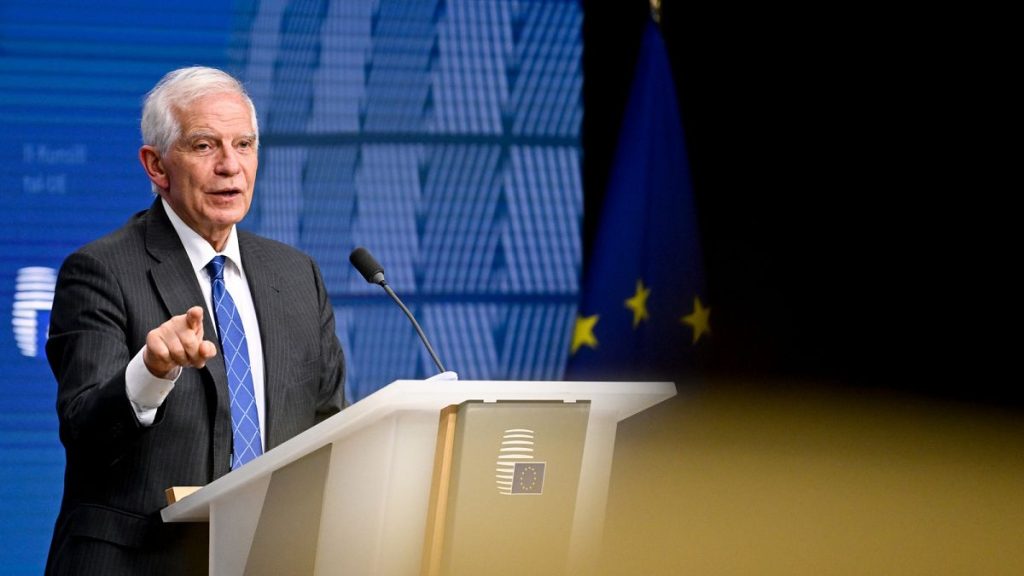The European Union’s High Representative for Foreign Affairs, Josep Borrell, has called on Israeli foreign minister Israel Katz to attend an ‘ad-hoc’ EU-Israel Association Council to discuss Israel’s compliance with its human rights obligations under the EU-Israel cooperation agreement. The move comes after the EU’s 27 foreign ministers unanimously backed the decision during a meeting in Brussels last week. Borrell stated that the purpose of the meeting is to discuss the situation in Gaza and ensure respect for human rights, as well as how Israel plans to comply with the International Court of Justice ruling to cease its offensive in Rafah. This request for an Association Council follows a previous plea by Spanish Prime Minister Pedro Sánchez and then Taoiseach Leo Varadkar for a review of the EU-Israel Association Agreement, expressing concerns over Israel’s military actions and potential violations of human rights and international law.
Two member states within the EU had expressed reservations about convening the Association Council, wanting clarity on other options available before discussing the situation with Israel. However, Belgian Foreign Minister Hadja Lahbib, whose government holds the rotating presidency of the Council of the EU, hopes to schedule the Council within one month. The EU-Israel Association Agreement, which was established in 2000, serves as the legal basis for the EU’s trade relations with Israel. Article 2 of the agreement emphasizes cooperation based on respect for human rights and democratic principles. As a significant trading partner with Israel, accounting for nearly one-third of all commerce, the EU has the ability to use this agreement as leverage to pressure Israel to halt its offensive in Gaza.
Ireland and other countries within the EU have been advocating for a stronger stance and potential sanctions against Israel to dissuade Netanyahu’s government from continuing its military actions in Gaza. Foreign Minister Micheál Martin stated that during EU meetings, there have been discussions about imposing sanctions on Israel, marking a significant shift in the approach towards Israel’s actions in Gaza. The focus on adherence to international humanitarian law and human rights is a key aspect of the European Union’s principles and has become a forefront issue amid the ongoing conflict in Gaza, which has resulted in a significant loss of life among Palestinians.
The EU’s efforts to engage with Israel through the Association Council demonstrate a willingness to address concerns about human rights violations and compliance with international law. By leveraging the EU-Israel Association Agreement, the EU aims to apply pressure on Israel to change its military strategy in Gaza and abide by international standards. The involvement of various member states within the EU, including Spain, Belgium, and Ireland, showcases a unified stance on the need for Israel to respect human rights and cease its offensive in Gaza. As the situation continues to unfold in Gaza, the EU’s actions and discussions with Israel through the Association Council will be crucial in determining the approach towards addressing the conflict and upholding human rights principles. The potential for sanctions against Israel marks a shift in the EU’s response to the conflict and reinforces the importance of international law and humanitarian standards in global affairs.


